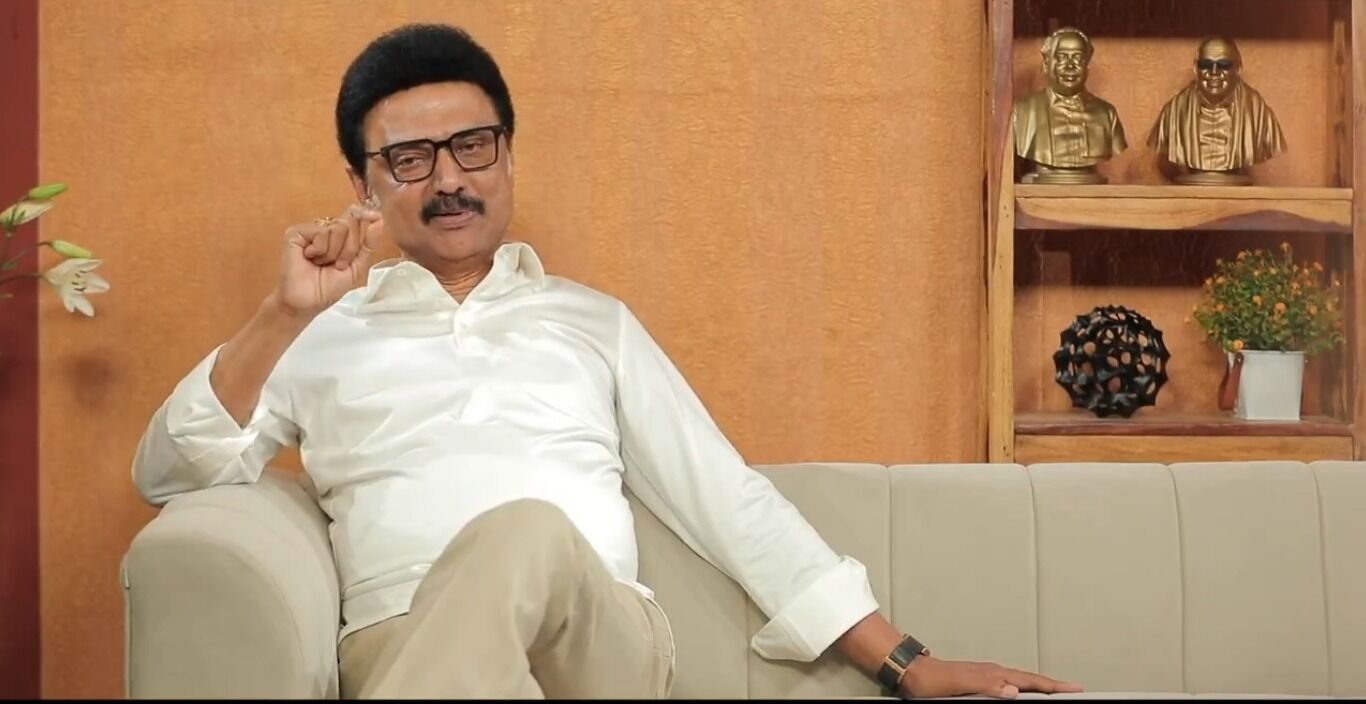Editorial: State autonomy conundrum
The BJP predictably reacted sharply branding it as a demand for complete autonomy that would weaken the country, and even raised the spectre of separatism.

Chief Minister MK Stalin
CHENNAI: The appointment of a high-level committee by the DMK government to study the question of autonomy of states comes at a time when state governments ruled by non-NDA parties have been wary and apprehensive about the shrinking of their powers to legislate and govern the states and a gradual erosion of the position guaranteed by the Constitution which strikes a balance between unitary centre and empowered federal states. The BJP predictably reacted sharply branding it as a demand for complete autonomy that would weaken the country, and even raised the spectre of separatism. The Opposition AIADMK, now in alliance with the BJP, opposed it by merely calling it as a diversionary tactic.
AIADMK understandably can ill-afford to be seen supporting the weakening of the state. The committee, headed by former Supreme Court judge Kurian Joseph, was given the mandate to examine thoroughly the Centre-State relationship to ensure state autonomy. The interim report will be submitted in January 2026, months before the next Assembly elections. To pre-empt criticism of stoking “separatism”, chief minister MK Stalin asserted that the move was not merely for Tamil Nadu’s welfare but that of all states “stretching from Gujarat to the northeastern parts; from Kashmir to Kerala”. By framing it as a pan-Indian issue, the DMK hopes to blunt the “separatist” criticism and also garner wider support from other non-NDA political parties.
An equilibrium of sorts, though neither ideal nor perfect, was carefully crafted in Centre-State relations after the Emergency but it began to shift towards the Centre on a number of contentious issues such as
NEET, NEP, language issues, central diktats relating to welfare schemes, and allocation of financial resources, especially GST, to name a few. At the heart of the issue is the transfer of education and administration of justice to the Concurrent List. The DMK can be faulted to have remained complacent, a case of lack of foresight, and not demanded reforms when it had a say at the Centre.
Beyond the constitutional discourse is the realpolitik which cannot be denied. The dispensation in Delhi makes no bones about its conviction about the dire need for a strong centre to steer the country towards becoming a global superpower. On the other hand, several non-NDA political formations are uncomfortable with the increasing centralisation of power in a unitary state, especially when the latter’s motives are perceived to be questionable.
The DMK has evolved over the years and under Stalin it has been quite measured and pragmatic on some “ideological issues”. It has been striving to retain the “Dravidian” ethos more in social justice and development domains and tempered it rhetoric on contentious issues relating to faith and religion.
There’s some merit in its argument that education, language and culture are critical to social and economic development. That has been somewhat validated by the fact that Tamil Nadu owes its economic development, and especially human development, to the ethos created by Dravidian social movements.
The Centre on the other hand needs to exercise restraint and listen to the counsel of the Supreme Court in the in the Tamil Nadu Governor’s case. In the national interest, the Centre and the States should work together amicably in matters concerning governance and development and not let realpolitik impinge on it. The need of the hour is find a middle ground and a win-win solution.
Reach us at editor.dtnext@dt.co.in



